Optimal Timing for Tree Shaping
Tree Shapings involve carefully pruning and shaping trees to promote healthy growth and aesthetic appeal. Timing is crucial to ensure the health of the tree and the effectiveness of the shaping process. Properly timed Tree Shapings can enhance the tree's structure, improve fruit production, and maintain safety by removing weak or damaged branches.
Late winter and early spring are ideal for Tree Shapings, as trees are dormant and less vulnerable to stress.
Shaping during the right season minimizes stress, reduces disease risk, and encourages vigorous growth.
Shaping in late summer or fall can interfere with dormancy and may lead to increased susceptibility to pests.
Pruning before bud break ensures better fruit production and reduces the risk of disease.

Pruning during dormancy helps maintain tree health and shape.
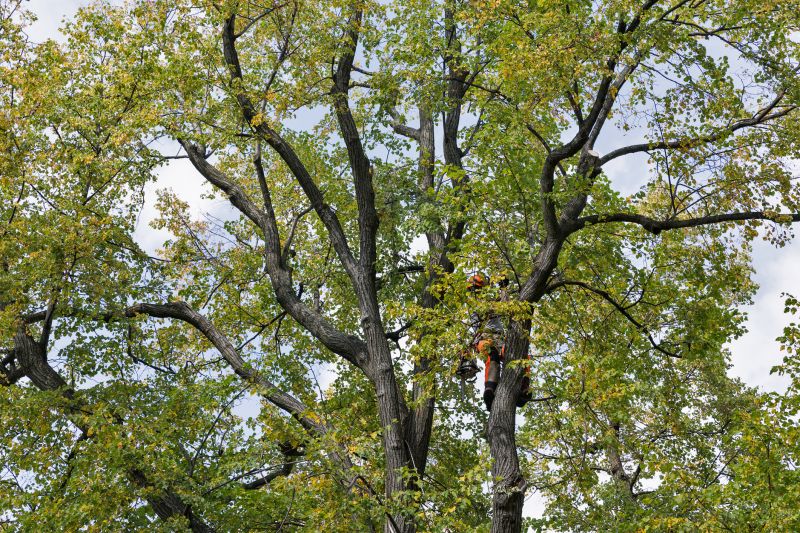
Early spring is suitable for structural adjustments before new growth begins.
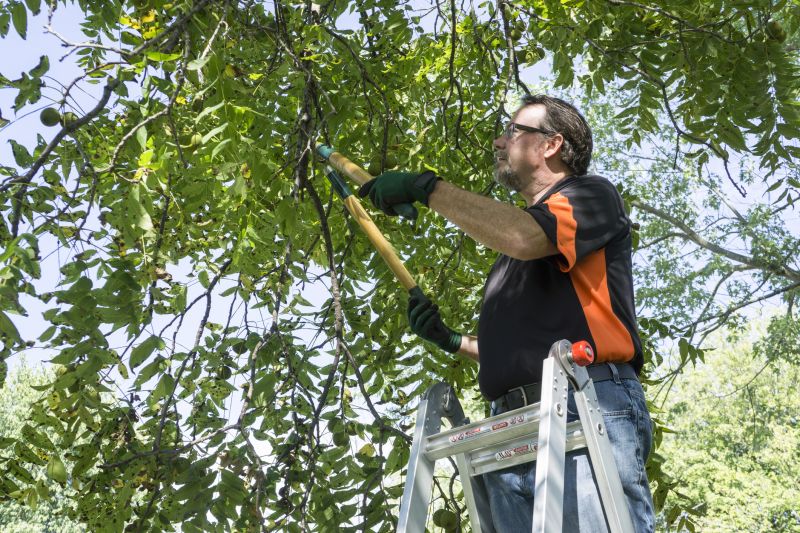
Limited shaping during summer focuses on safety and removal of damaged branches.
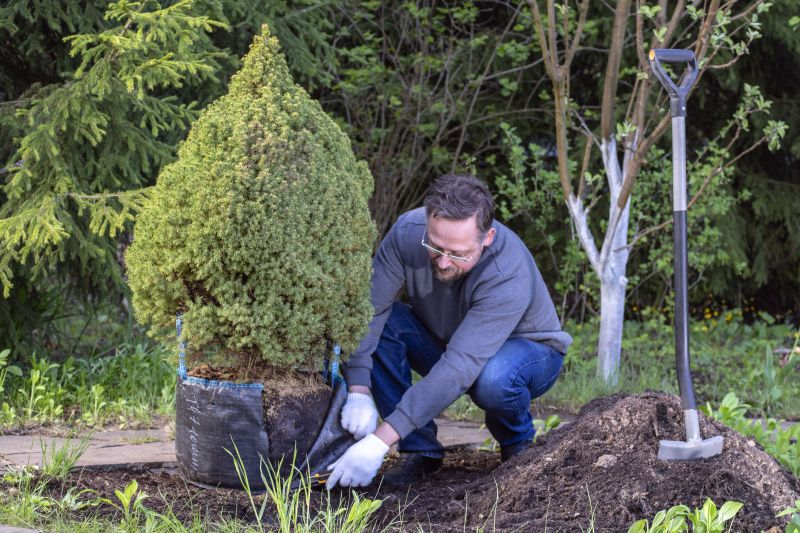
Ways to make Tree Shapings work in tight or awkward layouts.
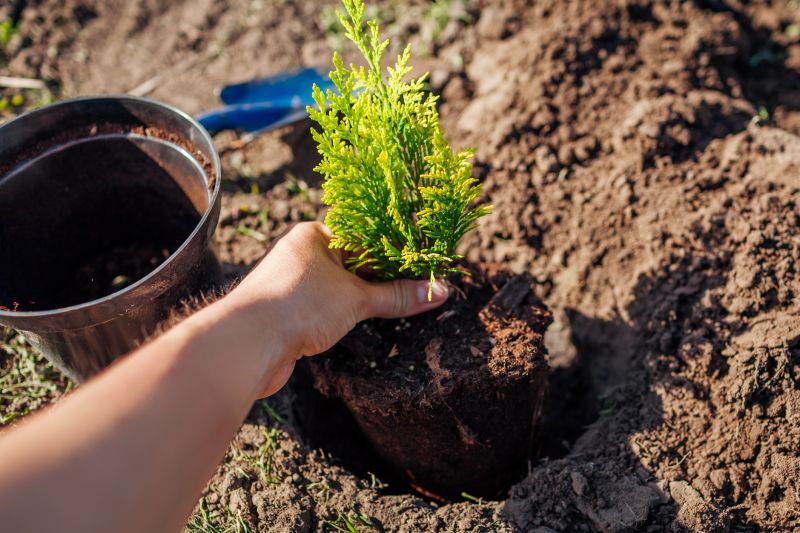
Popular materials for Tree Shapings and why they hold up over time.
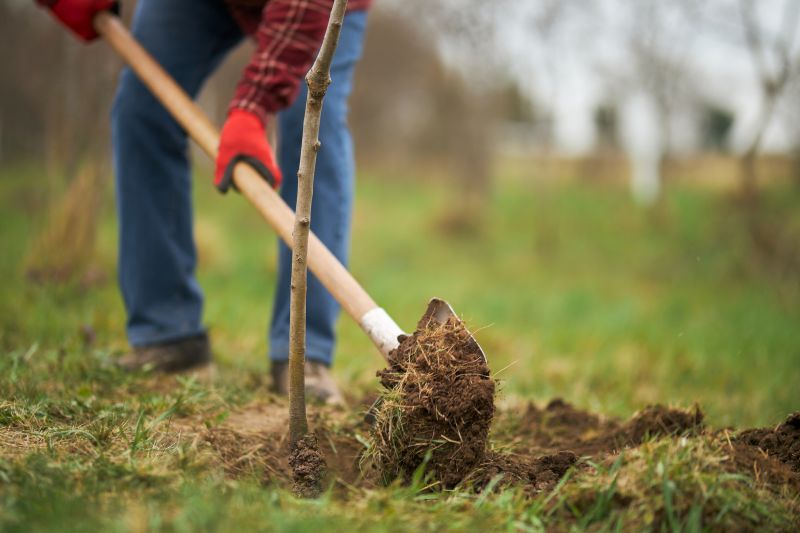
Simple add-ons that improve Tree Shapings without blowing the budget.
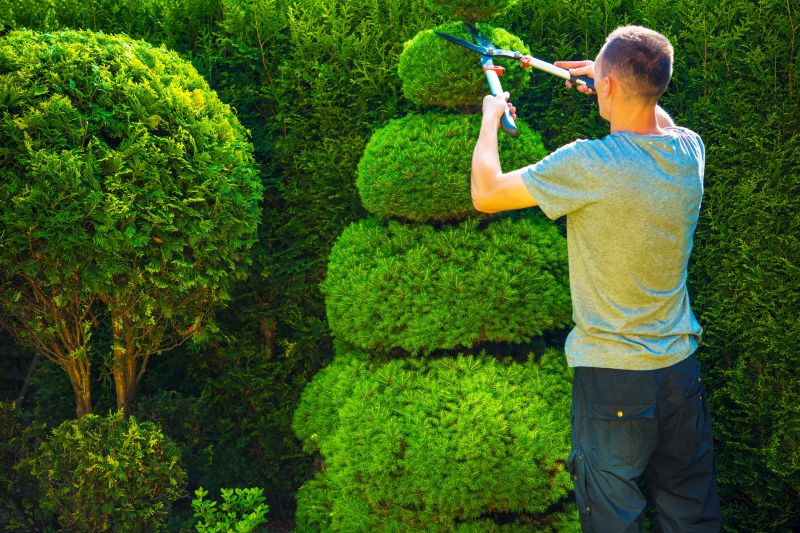
High-end options that actually feel worth it for Tree Shapings.
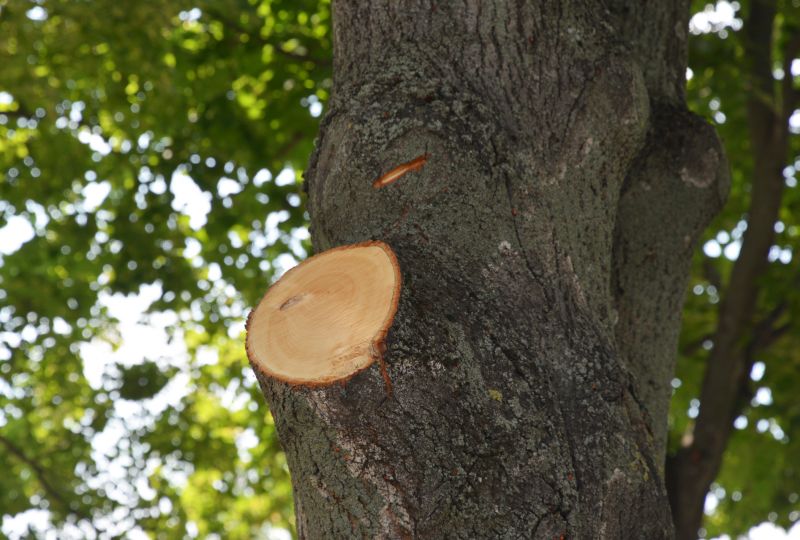
Finishes and colors that play nicely with Tree Shapings.
Tree Shapings are a horticultural practice that enhances the form, health, and safety of trees through strategic pruning. Proper timing ensures that the process supports the tree's natural growth cycle, reduces stress, and minimizes the risk of disease or pest infestation. Seasonal considerations are vital; shaping during dormancy or early growth stages is generally most beneficial, while late-season shaping may hinder healing and increase vulnerability.
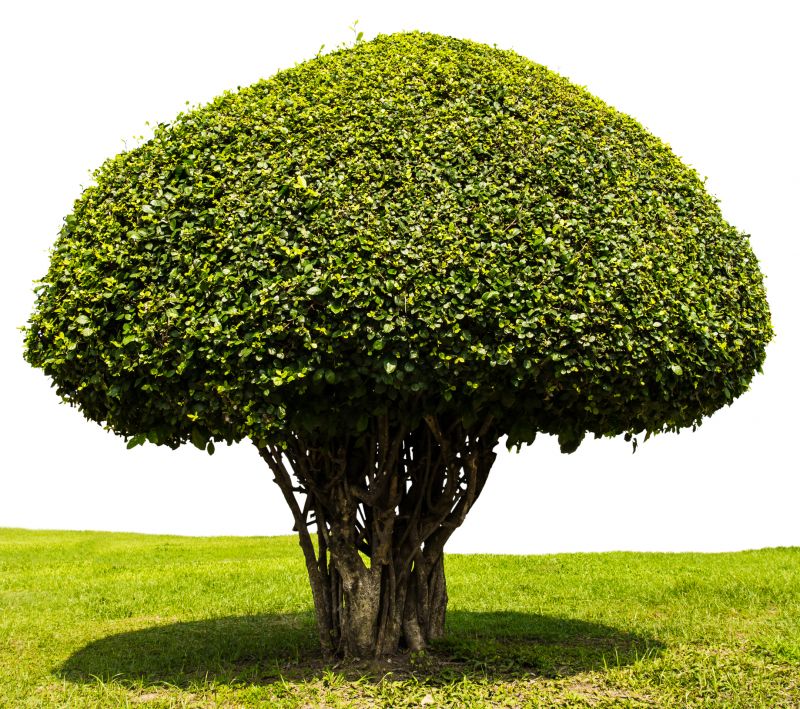
Ideal for structural pruning and shaping.
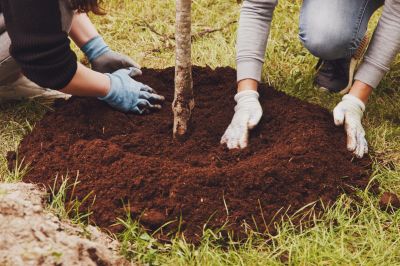
Best time for detailed shaping before new leaves appear.
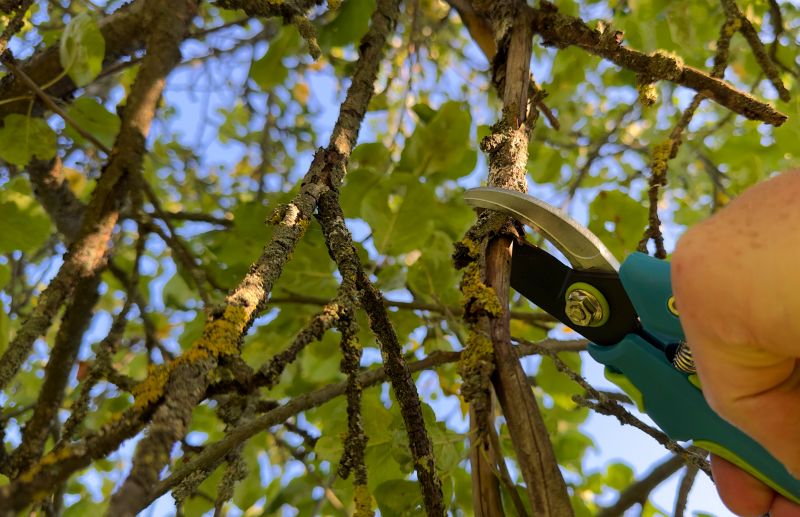
Focus on safety pruning and removing damaged branches.
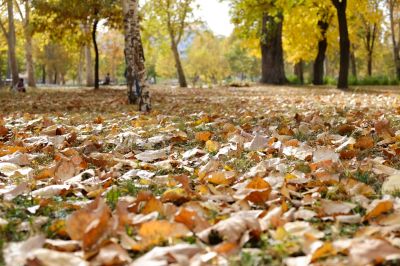
Limited shaping; focus on cleanup and safety.

Little measurements that prevent headaches on Tree Shapings day.
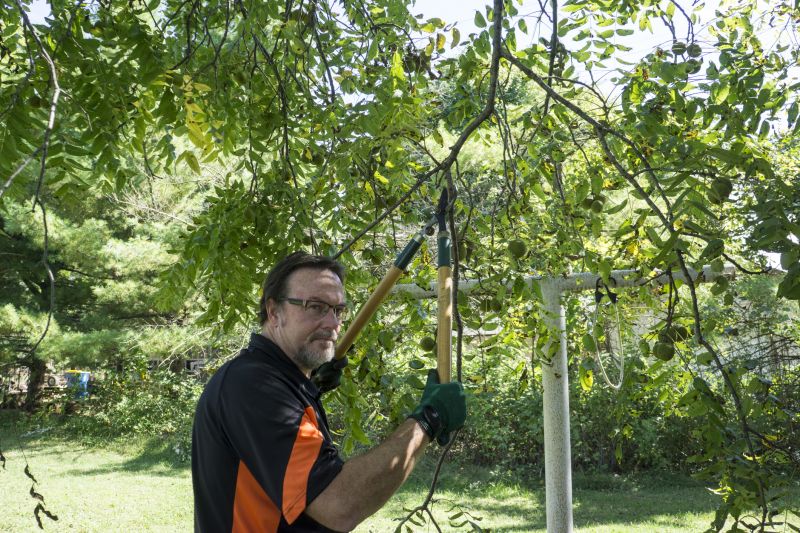
A 60-second routine that keeps Tree Shapings looking new.
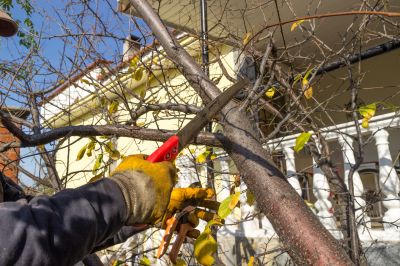
A frequent mistake in Tree Shapings and how to dodge it.

Small tweaks to make Tree Shapings safer and easier to use.
| Season | Recommended Activity |
|---|---|
| Winter | Dormant shaping, structural pruning |
| Early Spring | Pre-bud shaping, structural adjustments |
| Summer | Safety pruning, removal of damaged branches |
| Fall | Light cleanup, safety pruning |
| Late Spring | Avoid heavy shaping to prevent stress |
Understanding the seasonal timing of Tree Shapings helps maintain tree health and safety. Properly timed pruning promotes vigorous growth, enhances aesthetic appeal, and minimizes risks associated with pests and disease. Consulting with arboriculture professionals can optimize the timing based on specific tree species and local climate conditions.
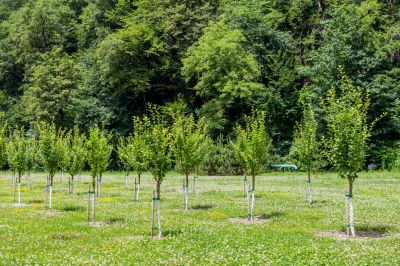
Proper shaping supports balanced growth.
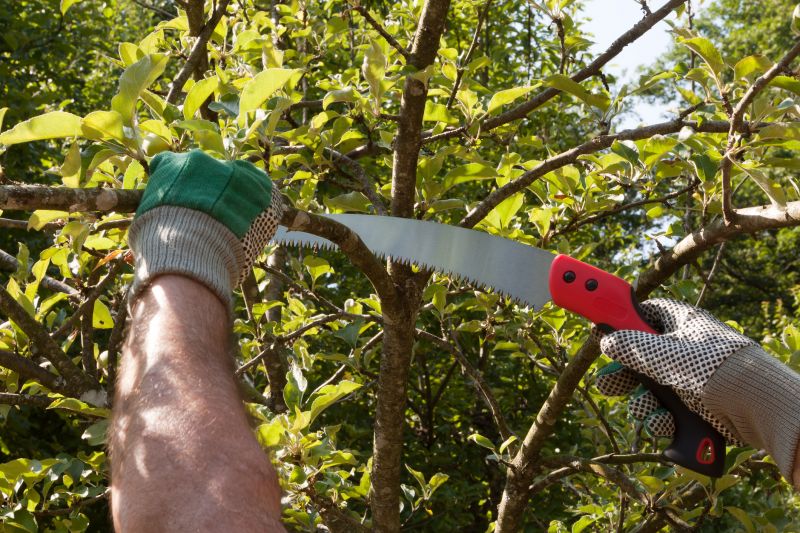
Selective removal of branches during optimal times.

Seasonal shaping promotes vitality and safety.
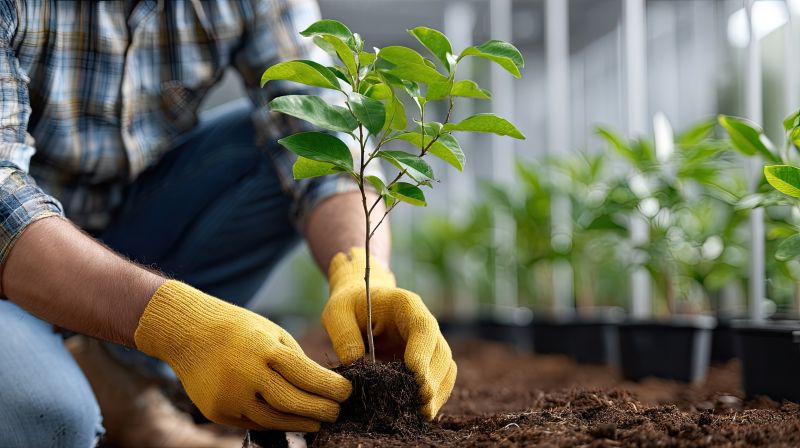
Lower-waste or water-saving choices for Tree Shapings.
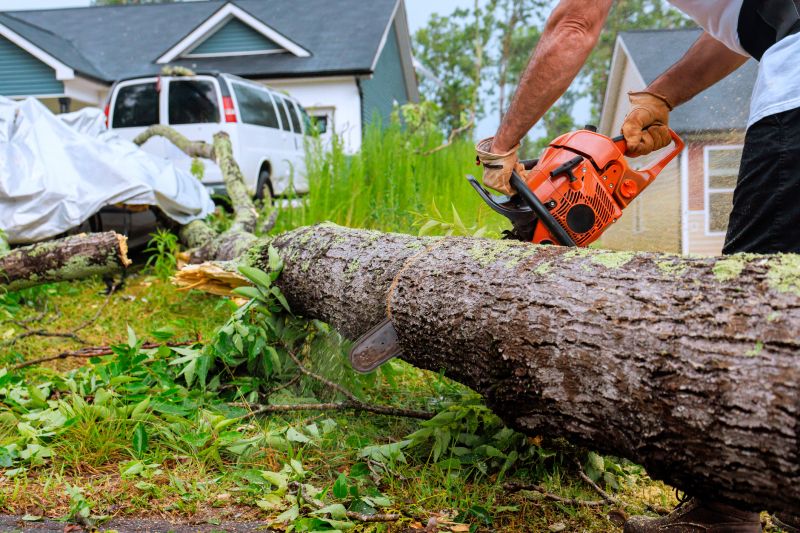
The short, realistic tool list for quality Tree Shapings.
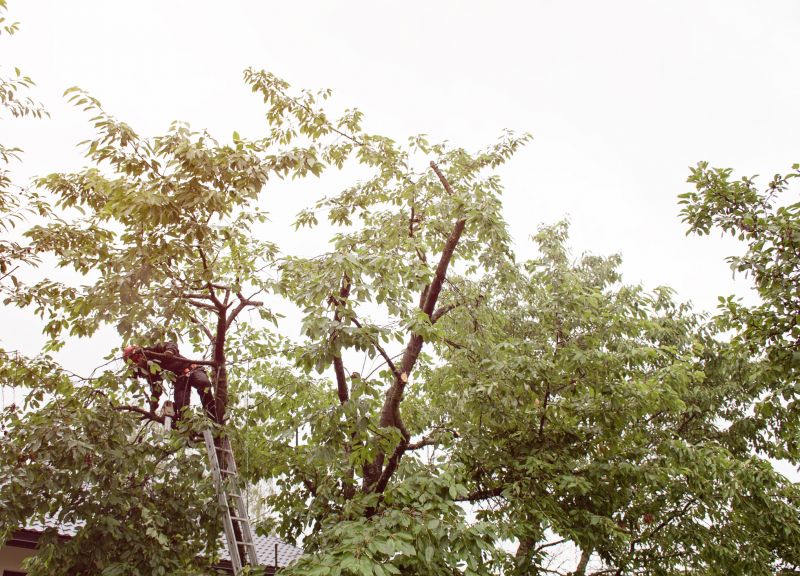
Rough timing from prep to clean-up for Tree Shapings.

Quick checks and paperwork to keep after Tree Shapings.
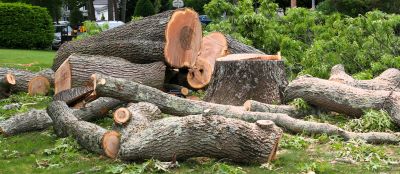
Examples that show the impact a good Tree Shapings can make.
Interested in scheduling Tree Shapings? Filling out the contact form can provide more information and help plan the best timing for individual trees. Proper timing and technique are essential for maintaining healthy, attractive, and safe trees.



